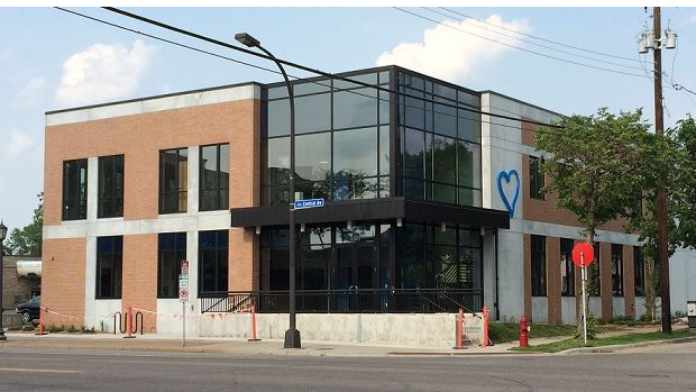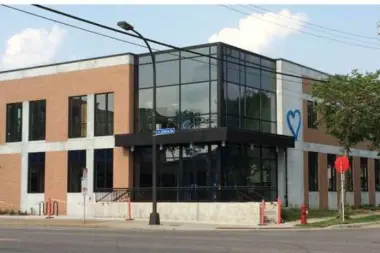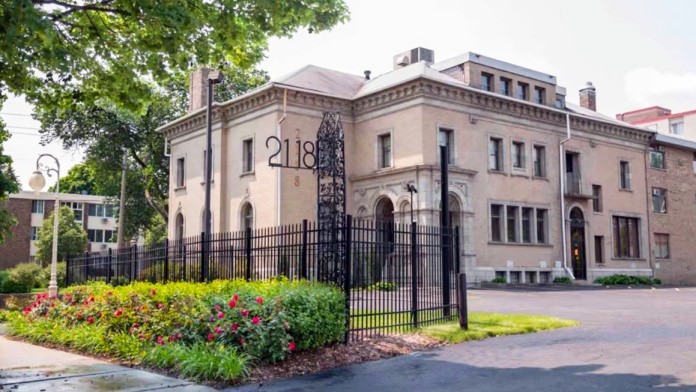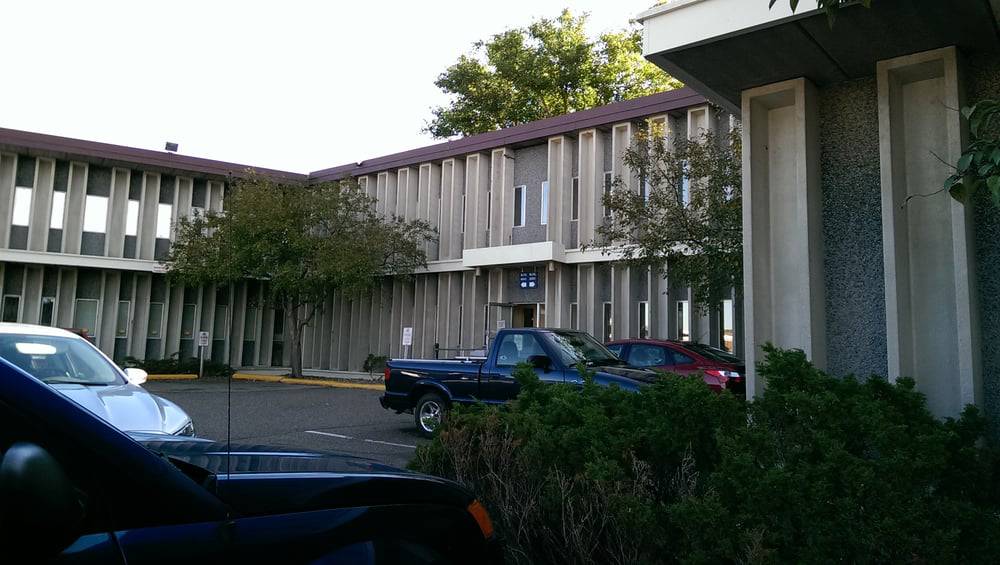About Neighborhood Health Source
They are recognized as a Federally Qualified Health Center (FQHC). As an FQHC, they’re a potential place to turn for people without insurance. They’re also one of 10 Minnesota health centers that are part of the Federally Qualified Urban Health Network, which looks to improve the overall health of the community and reduce emergency room visits.
They offer several behavioral health services like therapy for teens and adults in an individual, family or couples setting. Therapy sessions can address issues like anxiety and depression, trauma, hallucinations, and bipolar disorder, along with dual diagnosis mental health and substance abuse concerns. They also have a telepsychiatry program where you can connect with a psychiatric practitioner through a secure, privacy compliant video chat.
They have a substance abuse treatment program where you’ll work with a Licensed Alcohol and Drug Counselor (LADC) to complete an assessment, develop a treatment plan and get connected to resources within the community. The LADC will work together with their behavioral health and primary care providers to provide you with all the help you need.
They have a medication assisted treatment (MAT) program with a certified Suboxone provider for those with opioid use disorder. While in the MAT program, you’ll also work with the LADC and their behavioral health team as needed.
Some of their primary care providers and telepsychiatrists can prescribe other medications for substance abuse like Naltrexone, Vivitrol and Antabuse. They also have a peer recovery coaching staff if needed.
Latest Reviews
Rehab Score
Gallery


Other Forms of Payment
Medicare is a federal program that provides health insurance for those 65 and older. It also serves people under 65 with chronic and disabling health challenges. To use Medicare for addiction treatment you need to find a program that accepts Medicare and is in network with your plan. Out of pocket costs and preauthorization requirements vary, so always check with your provider.
Medicaid is a state based program that helps lower-income individuals and families pay for healthcare. Medicaid covers addiction treatment so those enrolled can use their coverage to pay for rehab. When a program accepts Medicaid the client often pays very little or nothing out of their own pocket.
Private insurance refers to any kind of healthcare coverage that isn't from the state or federal government. This includes individual and family plans offered by an employer or purchased from the Insurance Marketplace. Every plan will have different requirements and out of pocket costs so be sure to get the full details before you start treatment.
Sliding scale payments are based on a client's income and family size. The goal is to make treatment affordable to everyone. By taking these factors into account, addiction recovery care providers help ensure that your treatment does not become a financial burden to you or your family, eliminating one barrier to care.
Addiction Treatments
Levels of Care
Outpatient Programs (OP) are for those seeking mental rehab or drug rehab, but who also stay at home every night. The main difference between outpatient treatment (OP) and intensive outpatient treatment (IOP) lies in the amount of hours the patient spends at the facility. Most of the time an outpatient program is designed for someone who has completed an inpatient stay and is looking to continue their growth in recovery. Outpatient is not meant to be the starting point, it is commonly referred to as aftercare.
Treatments
A combined mental health and substance abuse rehab has the staff and resources available to handle individuals with both mental health and substance abuse issues. It can be challenging to determine where a specific symptom stems from (a mental health issue or an issue related to substance abuse), so mental health and substance abuse professionals are helpful in detangling symptoms and keeping treatment on track.
Clinical Services
Research clearly demonstrates that recovery is far more successful and sustainable when loved ones like family members participate in rehab and substance abuse treatment. Genetic factors may be at play when it comes to drug and alcohol addiction, as well as mental health issues. Family dynamics often play a critical role in addiction triggers, and if properly educated, family members can be a strong source of support when it comes to rehabilitation.
Group therapy is any therapeutic work that happens in a group (not one-on-one). There are a number of different group therapy modalities, including support groups, experiential therapy, psycho-education, and more. Group therapy involves treatment as well as processing interaction between group members.
In individual therapy, a patient meets one-on-one with a trained psychologist or counselor. Therapy is a pivotal part of effective substance abuse treatment, as it often covers root causes of addiction, including challenges faced by the patient in their social, family, and work/school life.
Staff
Robin Bresette, MD
Medical Director at Sheridan Clinic
Curt Engels
Director of Finance
Cheryl Gehrke, RN
Director of Clinical Operations
Steven Knutson
Executive Director
Tessa Wetjen, MPA
Director of Community Health & Grants Management
Contact Information
3300 Fremont Ave N
Minneapolis, MN 55412


